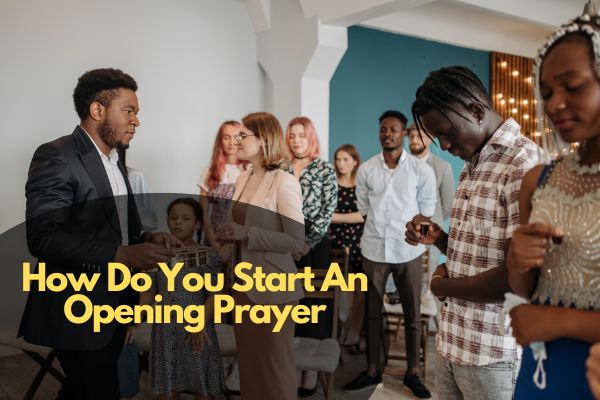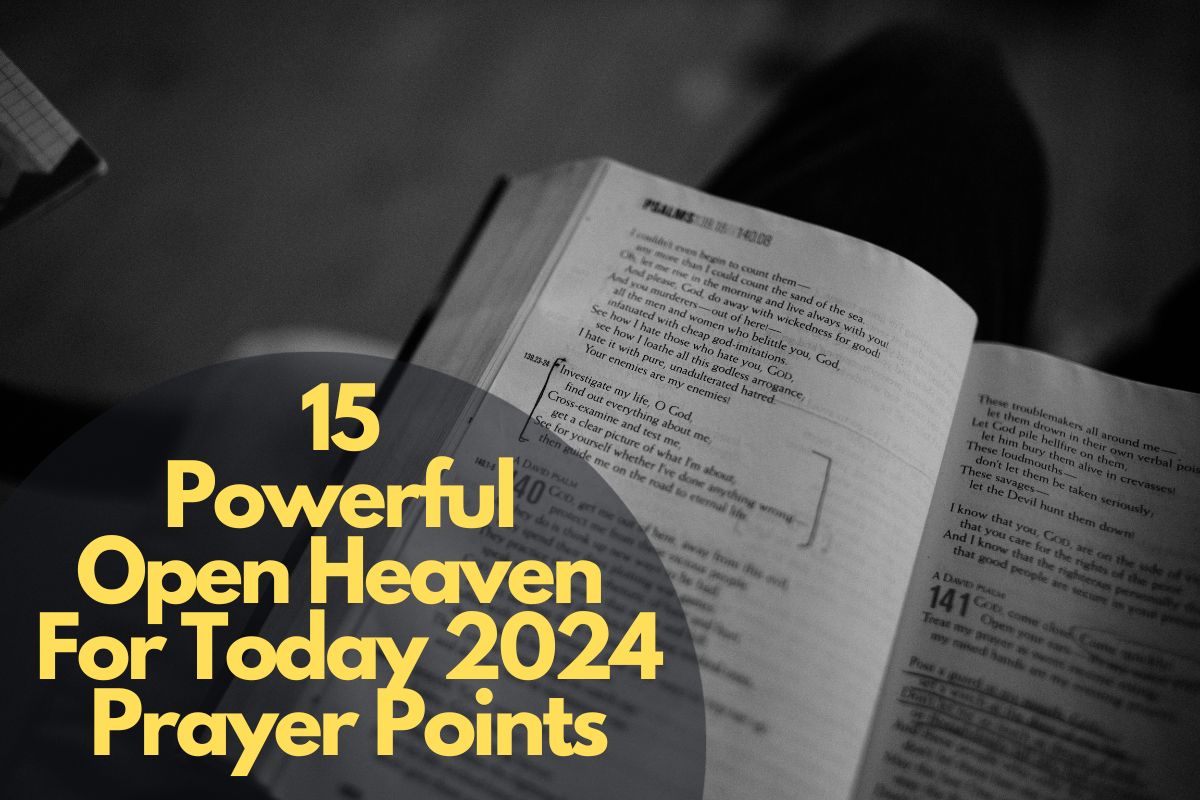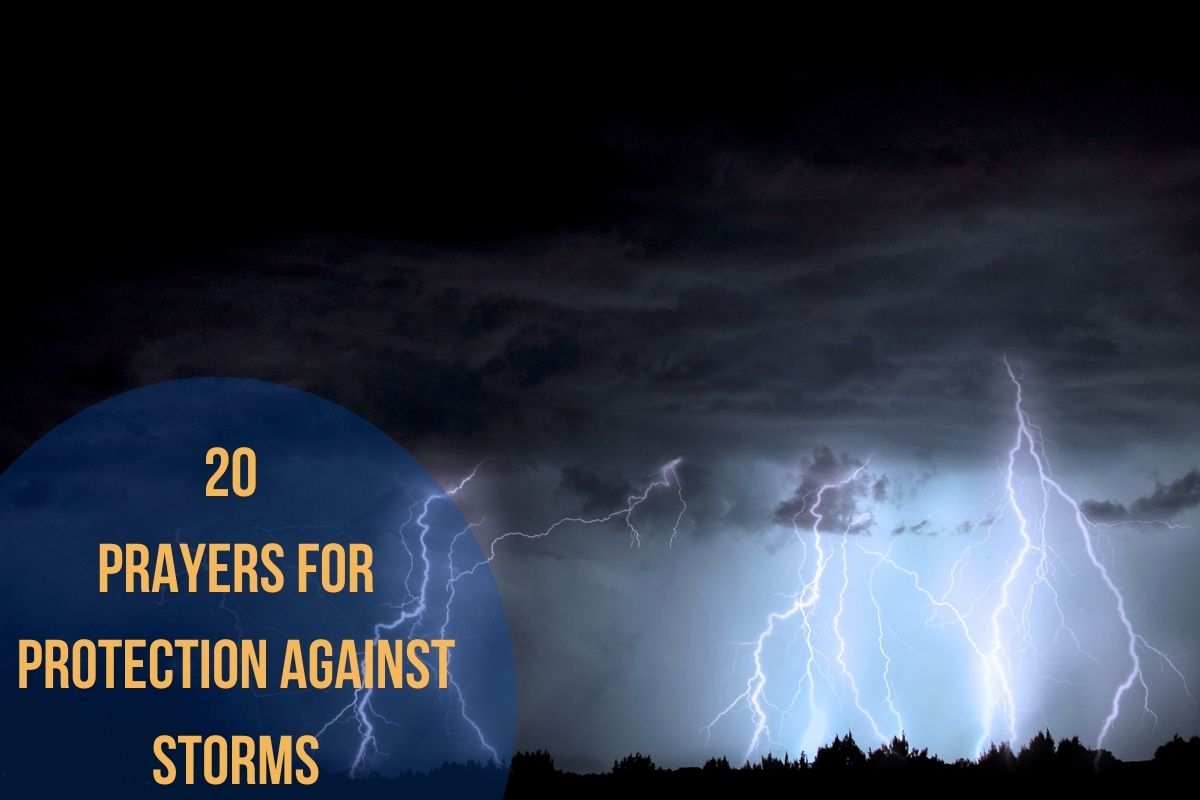How Do You Start An Opening Prayer? Opening prayers are a custom common to many different cultures and religions. A prayer before the beginning of any event, whether it be official, religious, or just a private moment of introspection, establishes a tone of respect and spiritual connection. This article will explain the purpose of opening prayers, explain their format, and offer suggestions for getting one started.
How Do You Start An Opening Prayer
Starting an opening prayer can vary based on the context and your personal or religious preferences. By fostering a spiritual environment and encouraging a sense of group attention, opening prayers act as a link between the secular and sacred. Before an event or activity begins, it is a way to be grateful, ask for direction, and invoke blessings.
Pattern Of An Opening Prayer
An opening prayer usually has a structure that includes aspects of thanksgiving, supplication, praise, and conclusion. According to one’s theological or spiritual views, it frequently refers to a higher force, such as God, the Creator, or a particular deity. Typically, the language employed is somber and thoughtful, which creates an atmosphere of deference and introspection for the assembly.
How To Present An Opening Prayer
Speaking to the Divine: Start by speaking to the higher force or divine being. Use titles that are consistent with your beliefs, such as Creator, God, or Almighty.
Gratitude: Show your appreciation for the chance to gather and seek out the divine presence. Recognize the blessings and gifts that people or the community have been given.
Defining Intentions: Make sure everyone knows why you are hosting this meeting or event. For a meaningful and purposeful experience, whether it’s a meeting, celebration, or somber occasion, clearly state the goals and ask for assistance.
Seeking knowledge and blessings: Make a request for knowledge, blessings, and direction. Ask for the grace to carry you through the trip ahead, the strength to overcome obstacles, and the wisdom to make wise judgments.
Recognize Certain Attributes of the Divine, Including Grace, Love, and Compassion: May your lessons be reflected in our words and deeds, and may your spirit accompany us as we [explain the objective of the meeting]. Give us the courage to face obstacles with faith, the discernment to choose wisely, and the love to encourage one another along the way.
Finishing with reverence: We offer our prayers with open hearts, trusting in your infinite goodness. In your name, we pray. Amen. “Seal the relationship with the divine by finishing the prayer with reverence. “In your name, we pray” or a comparable statement that is consistent with your religion should be used to close.
Conclusion
Beyond religious barriers, opening prayer is a potent and important activity. It creates a sacred area where people can gather as a community or as individuals, encouraging a sense of solidarity, gratitude, and purpose. The practice of leading an opening prayer has the power to enhance the human experience, whether it be during a time of joy, introspection, or adversity.
Frequently Asked Questions
Can I personalize an opening prayer for a specific occasion?
Yes, opening prayers are often personalized to suit the occasion. Include relevant details, such as the purpose of the gathering or specific challenges faced.
Is it necessary to mention a deity in the opening prayer?
Not necessarily. While many prayers address a higher power, some may choose a more universal approach, expressing gratitude and seeking positive energy without referencing a specific deity.
How long should an opening prayer be?
The length of an opening prayer can vary. Aim for a balance, keeping it concise yet comprehensive, ensuring it sets the desired tone for the gathering.







